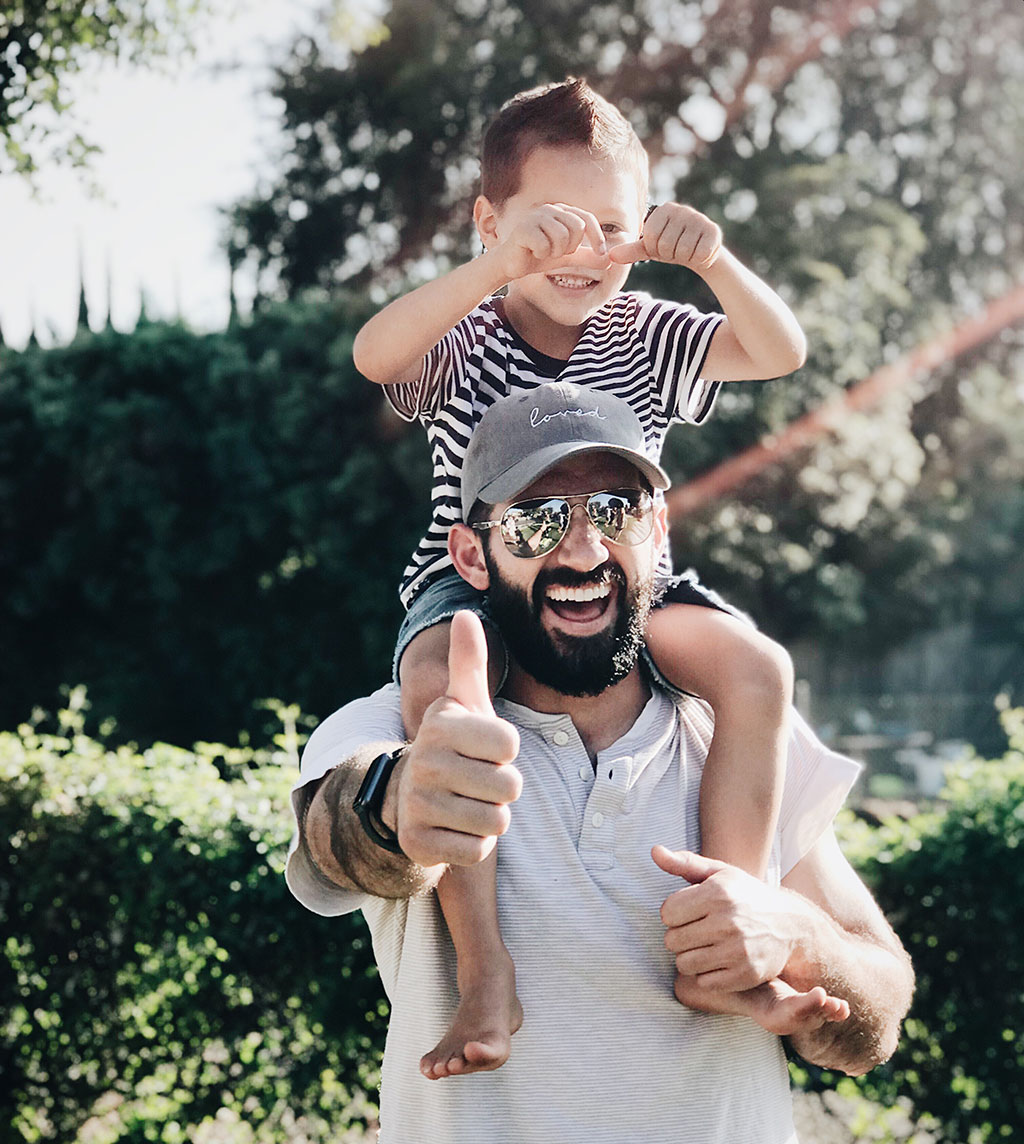How to become a foster carer
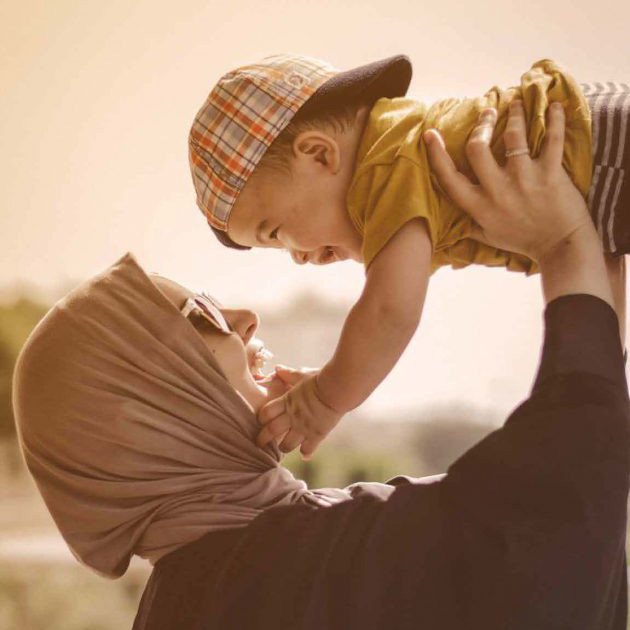
Almost anyone who wants to become a foster parent can. Often, people rule themselves out because they think they’re not suitable. You Be You is here to tell you that whether you’re married, single, male, female, in a same-sex relationship, have children, work full-time or you’re retired, you CAN become a foster carer.
You just need to be you and have a passion for making a difference in a child’s life. When you’re truly yourself, it encourages your foster child or young person to be themselves too, and feel comfortable in their new home.
Ready to jump in? Join an online information session.
Let’s connect the dots:
What steps are involved with becoming a foster parent?
Becoming an approved foster carer is a deeply personal journey that we take with you. The application process is relatively straightforward and thorough, and can take around six months to complete. Although it involves interviews, safety checks and skills training, we’re here to support you at every step along the way.
A foster or kinship carer can help provide a sanctuary and stability to those that are caught in a situation beyond their control.
Here are steps you can take through You Be You to become a foster carer and help make a positive change in a child’s life:
Step 1: Contact us
Register your interest in becoming a foster carer by filling out our online enquiry form and we will provide you with essential information about fostering children.
Step 2: Meet us
Come and meet our team at an online information session and find out more about being a foster carer and how to foster a child. When you’re ready, we’re here to take you on the foster care journey.
Step 3: Get to know you
We really want to get to know you and ensure your home environment is a secure and safe place for a child. This will include home safety and background checks.
Step 4: Training
Foster and kinship care training will help you to understand the role of a foster carer and provide you with the skills you need to be a great carer.
Step 5: Assessment
We will commence a full assessment to determine your suitability for foster care.
Step 6: Ready to go
Once the assessment has been completed successfully, you’ll receive approval to become a foster carer and your journey begins.
What support do foster carers get?
When you partner with You Be You, you’ll be paired with a dedicated caseworker. Your caseworker is there to provide whatever support you need during your time as a foster carer, whether that’s advice, resources, training or just a shoulder to lean on. You’ll also be a part of the broader You Be You community, connecting with other current foster carers in your local area.
We understand that sometimes you just need someone to talk to, so our 24/7 phone support is available to you at all times. You Be You also understands the importance of financial stability for foster families. The Queensland Government issues a Fortnightly Foster and Kinship Carers Allowance, which is designed to meet the day-to-day costs of caring for a child, covering things like food, clothing, education equipment and transport. You Be You will work with you from the outset to set up this allowance.
How to foster a teenager
The process of fostering a teenager is the same as fostering a minor of any age. People often assume it’s younger foster children who require care - however, there are many young people aged between 13-18 who also need your support. When you foster a teenager, your job will be to guide them into young adulthood, helping them to become more self-sufficient and independent. This process can be incredibly rewarding, and although there will be challenges along the way, you have the opportunity to form a life-long bond with a young adult for years to come.
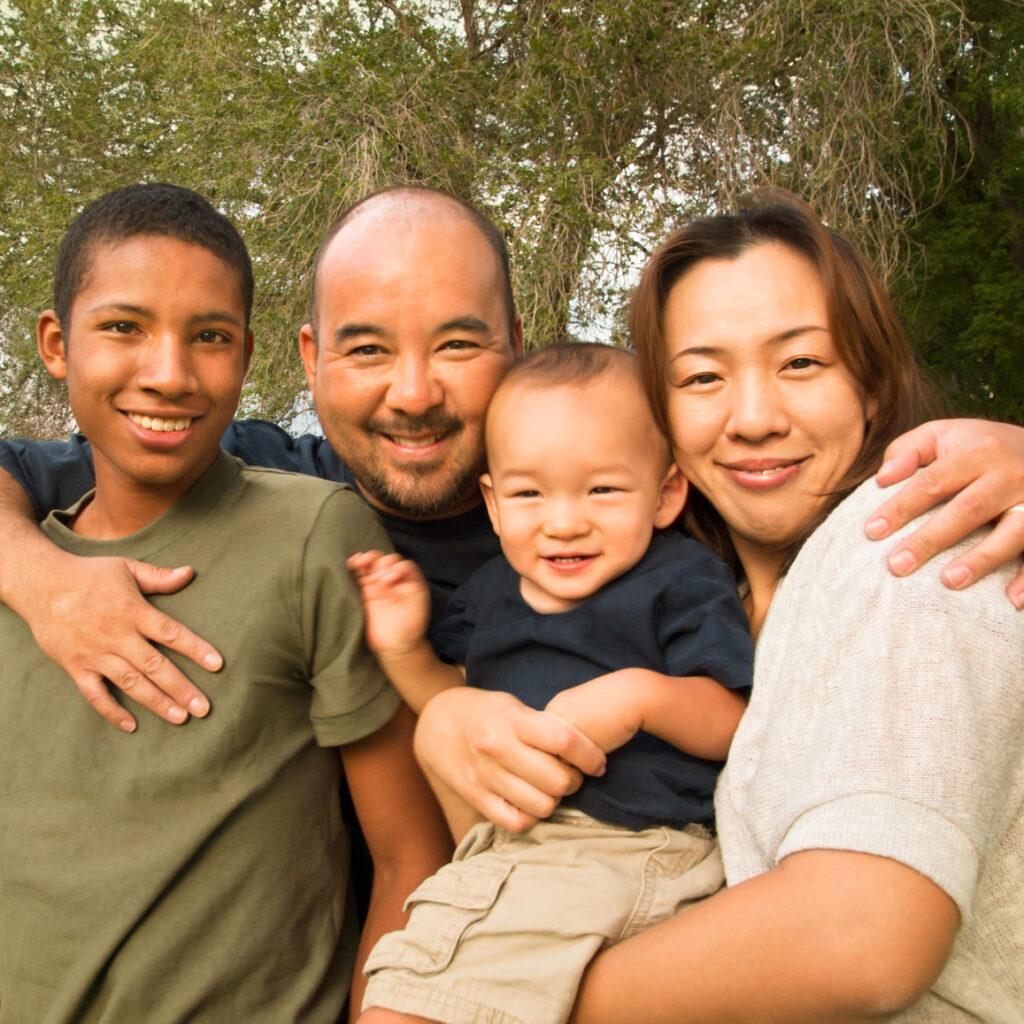

Can you foster siblings?
Children and young people who find themselves in foster care are often accompanied by their siblings. You Be You and child safety services will always make every effort to keep families together, ensuring that siblings are either placed in the same home or in the same neighbourhood (ensuring they see each other regularly). If you’re interested in taking in multiple foster children, You Be You may recommend a family of siblings.
Can I be a foster carer for First Nations children?
We honour the cultural identity of Aboriginal and Torres Strait Islander children and their right to remain connected to their community. When this is not possible, our cultural support workers assist non-indigenous foster carers and staff to understand the needs of Aboriginal and Torres Strait Islander foster children in care, and to support them in a holistic way that respects their family, spiritual beliefs, community and personal needs. The team also encourages young people to build a strong sense of identity through activities that acknowledge their culture.
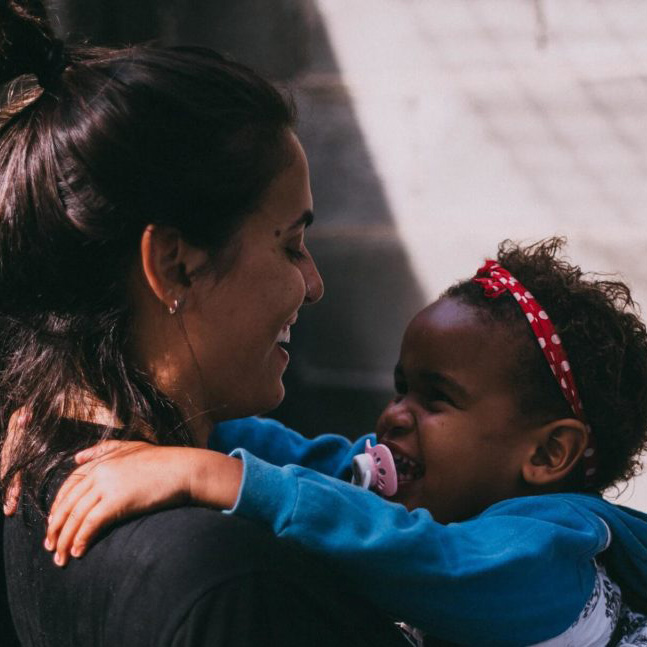
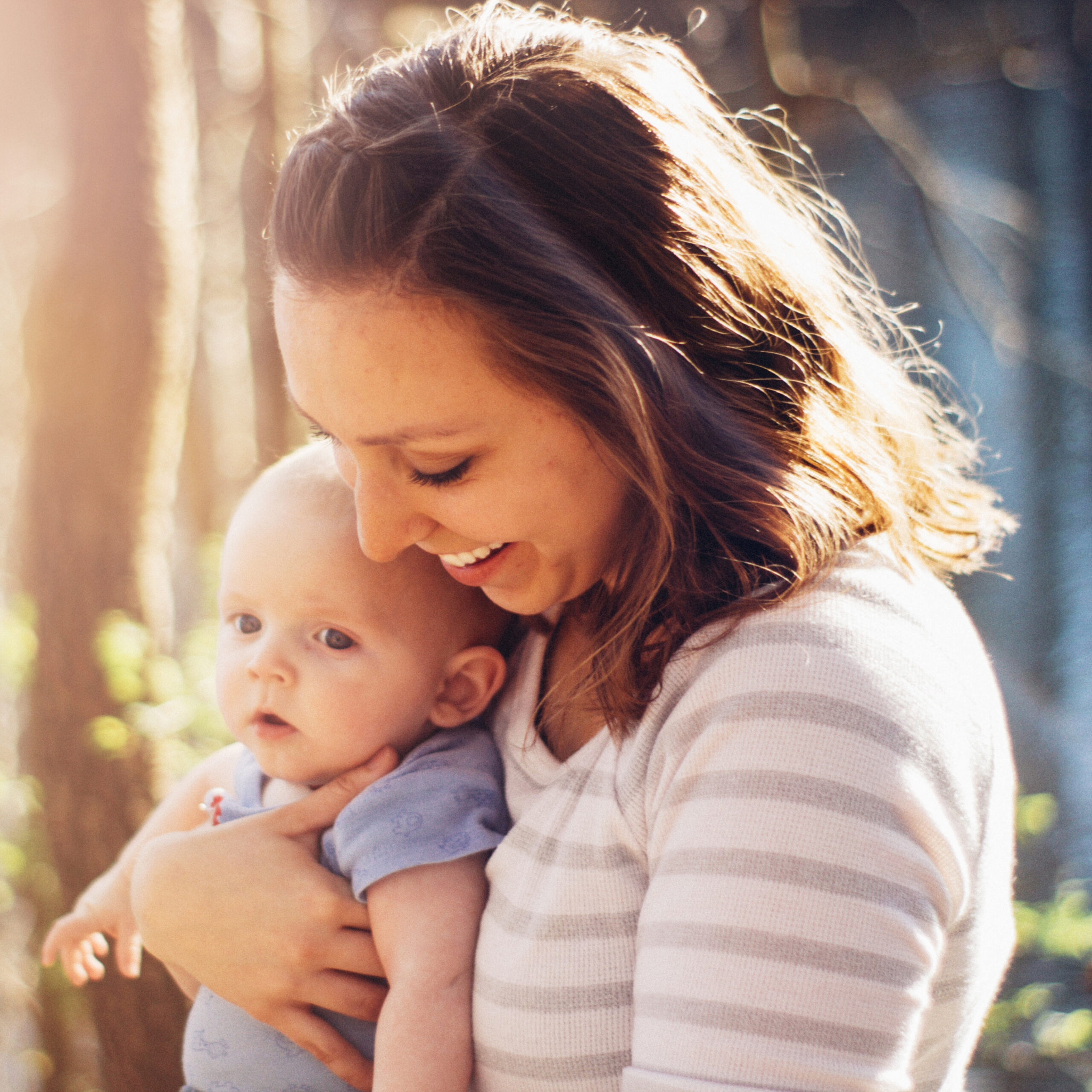
Can I be a single foster carer?
Yes, there are many single-parent foster carers across Australia. Single carers will receive exactly the same amount of support and government funding as couple carers. Regardless of your relationship status, the most important thing is that you care about your foster child/ren and want to help them thrive.
We’ve answered the most common foster care question
Explaining the journey to becoming a foster carer
